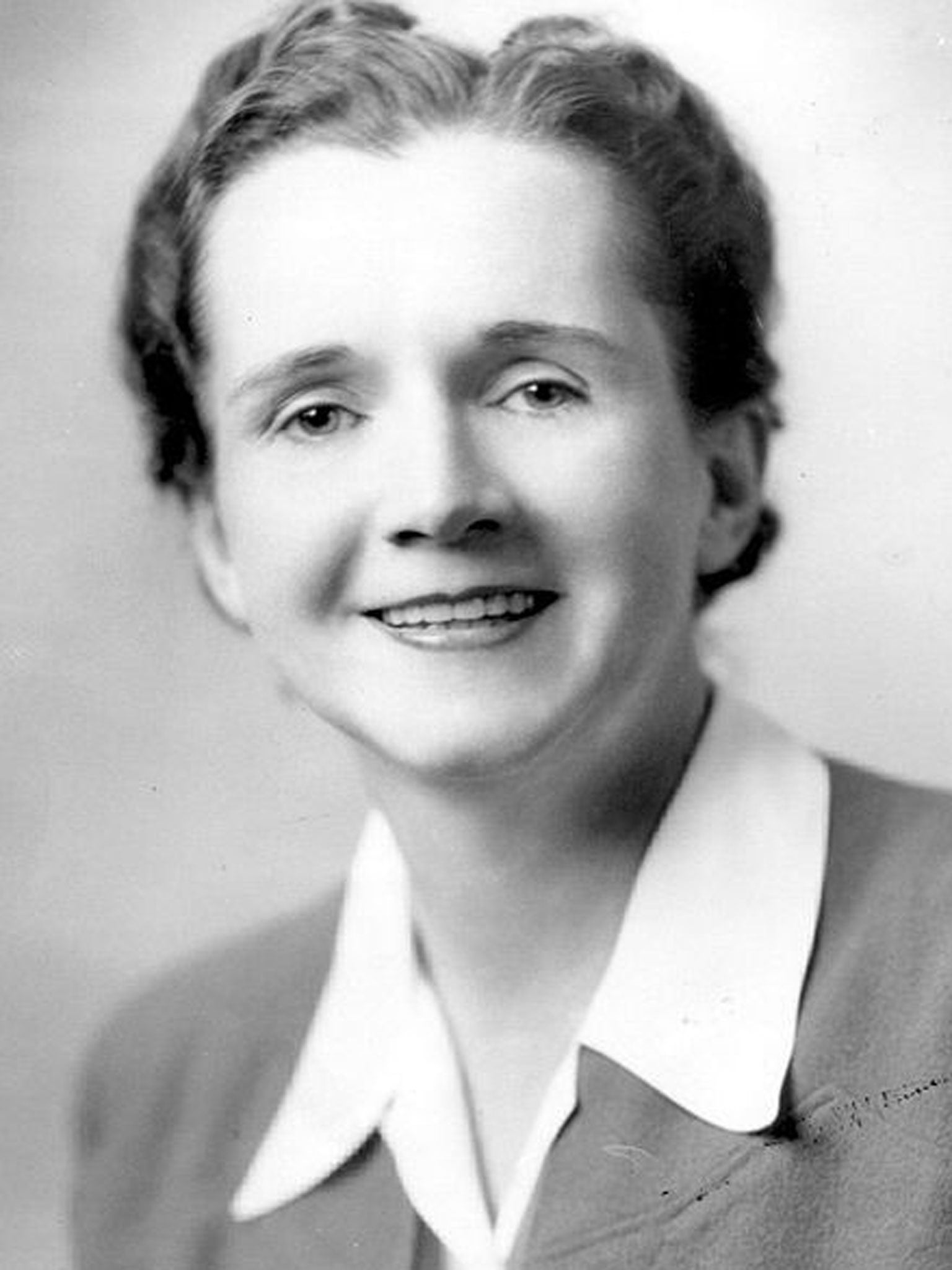Rachel Louise Carson birthday: Environmentalist author of 'Silent Spring' whose work led to pesticides ban

Your support helps us to tell the story
From reproductive rights to climate change to Big Tech, The Independent is on the ground when the story is developing. Whether it's investigating the financials of Elon Musk's pro-Trump PAC or producing our latest documentary, 'The A Word', which shines a light on the American women fighting for reproductive rights, we know how important it is to parse out the facts from the messaging.
At such a critical moment in US history, we need reporters on the ground. Your donation allows us to keep sending journalists to speak to both sides of the story.
The Independent is trusted by Americans across the entire political spectrum. And unlike many other quality news outlets, we choose not to lock Americans out of our reporting and analysis with paywalls. We believe quality journalism should be available to everyone, paid for by those who can afford it.
Your support makes all the difference.Tomorrow marks the 107th anniversary of the birth of Rachel Louise Carson, the environmentalist whose research led to the banning of harmful pesticides in 1972.
The American-born marine biologist and writer is best known for her 1962 book Silent Spring, which is credited with launching the global contemporary environmental movement.
Silent Spring focuses on the impact of synthetic pesticides on the environment - with the title referring to the absence of birdsong across swathes of agricultural landscape following the widespread introduction of pesticides and other intensive farming practices.
The book sparked a public outcry, bringing to widespread attention the effects of these chemicals both on the ecosystem and on human health.
Although her research was attacked by chemical companies, a decade after her book was published, and years after her death, her book led to a nationwide ban of DDT, a colourless and crystalline organochloride with insecticidal properties, and other pesticides.
Silent Spring demonstrated that these pesticides could cause cancer and that their agricultural use was a threat to wildlife, particularly to birds.
A worldwide ban on DDT's agricultural use was formalised under the Stockholm Convention, but its limited use in disease vector control continues to this day and remains controversial.
Carson began her career as a marine biologist and in the 1950s she became a full-time writer, leaving her legacy embodied in books that explore the environment inside out.
Her other writings, besides Silent Spring, are also credited with advancing the global environment movement
She won a National Book Award for the first book of her bestselling trilogy, in which she explores the ocean life, The Sea Around Us, published in 1951. Her next book, The Edge of the Sea, and the reissued version of her first book, Under the Sea Wind, were also successful.
Carson is also credited with being an inspiration for the creation of the US Environmental Protection Agency, a US government agency focused on protecting human health and the environment.
Carson died on 14 April 1964, aged 56, of a heart attack having had breast cancer for many years.
Join our commenting forum
Join thought-provoking conversations, follow other Independent readers and see their replies
Comments